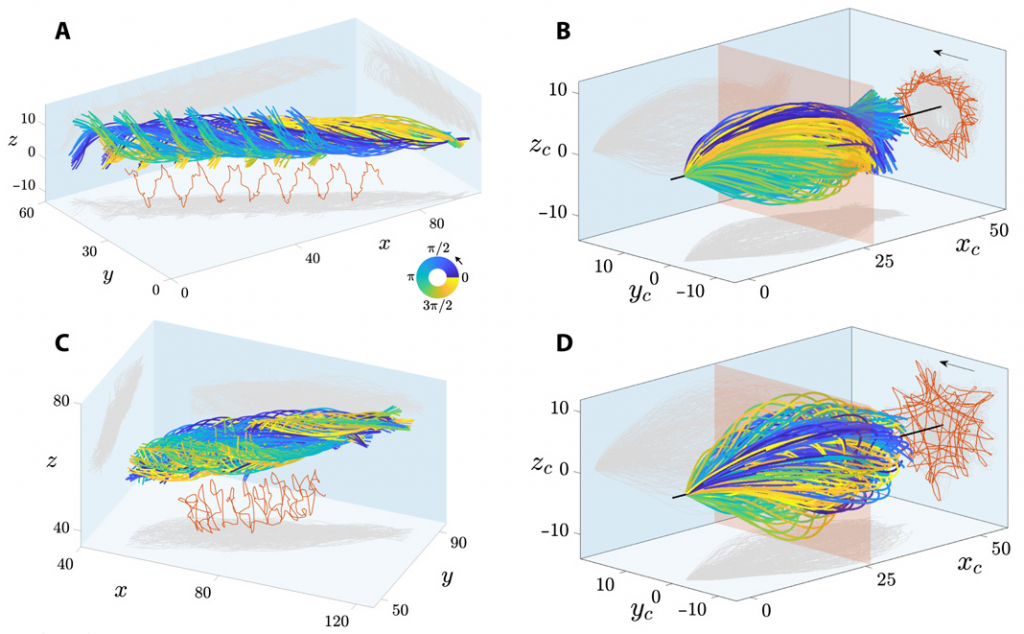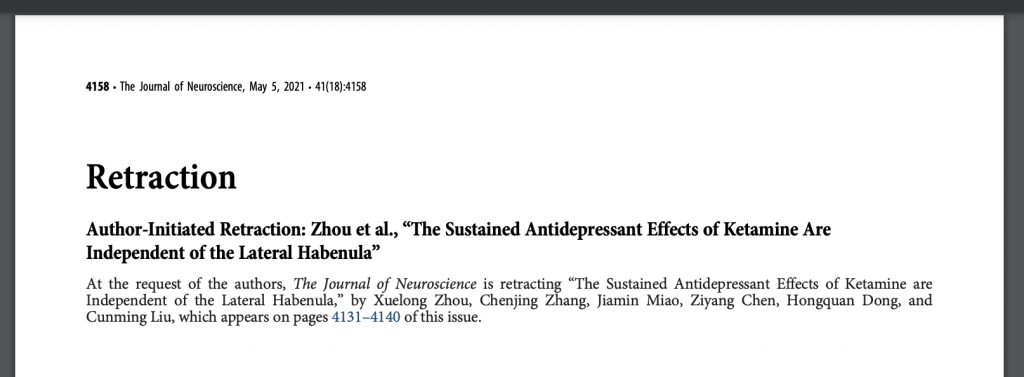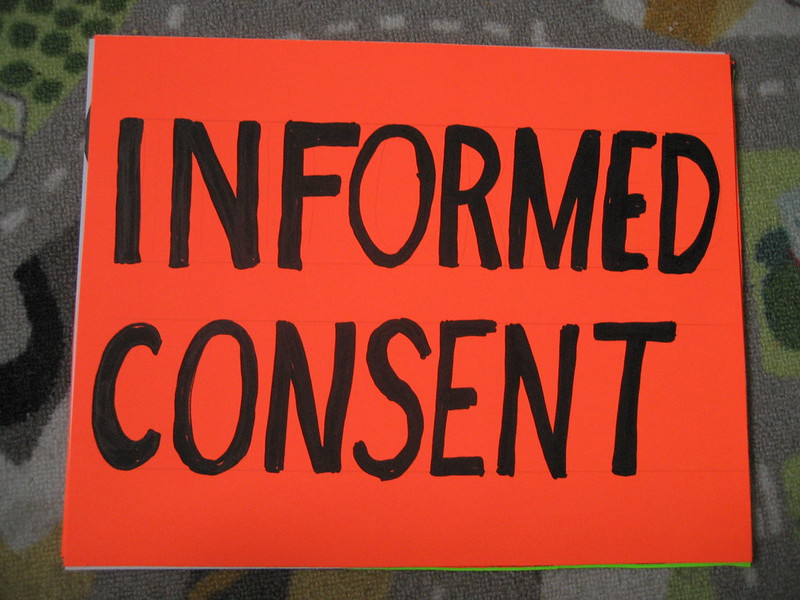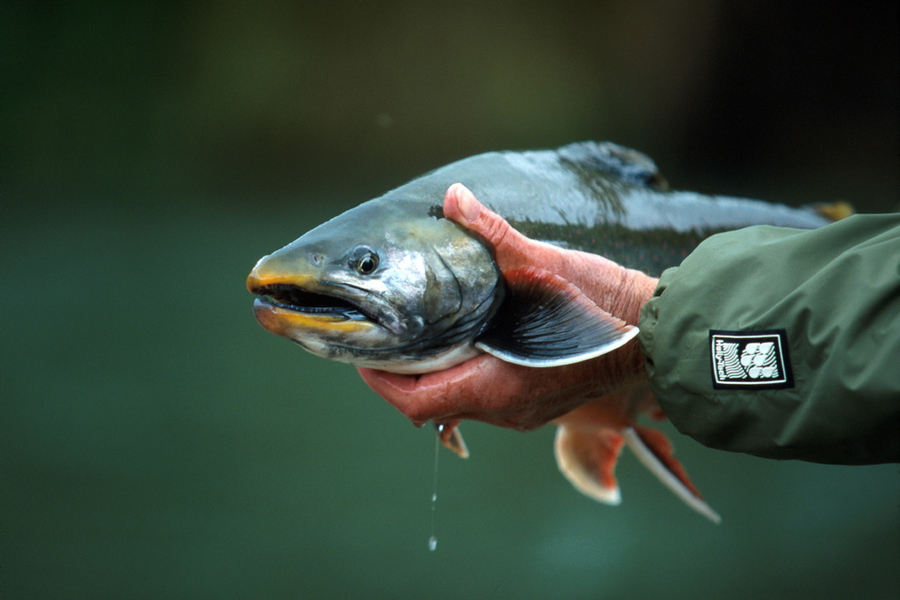
Everybody out of the pool.
The authors of a 2020 paper in Science Advances on how human sperm propel themselves in a corkscrew fashion like “playful otters” have retracted their article after concluding that their analysis didn’t support their conclusions.
The article, by Hermes Gadêlha, of the University of Bristol, in England, and several colleagues in Mexico, spawned significant coverage in the lay and science press — including this segment on NPR’s Science Friday and an article in Science (the work behind it was the subject of this YouTube video titled “The great sperm race”).
At the heart of the paper, “Human sperm uses asymmetric and anisotropic flagellar controls to regulate swimming symmetry and cell steering,” was the use of a technology called high-speed 3D microscopy to analyze sperm in motion. Per the abstract:
Continue reading Paper likening human sperm to “playful otters” retracted







